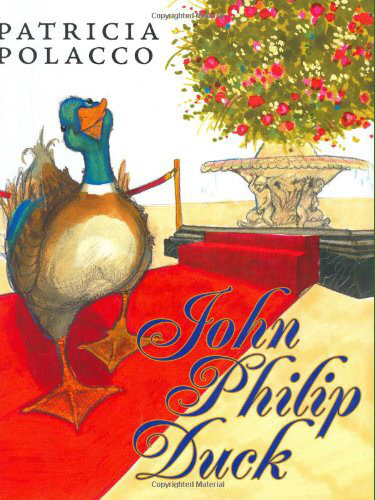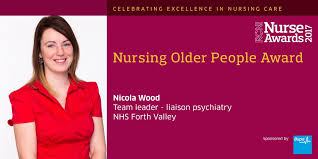The best novels confront us with the truth about what it is to be human
What does it mean to ‘write well’? For a novelist, it means many things: intriguing ideas, some kind of storyline, neat phrasing, relatable characters, powerful descriptions.
But in this posting I am concerned with a novelistic device that, for me, elevates so many of the best books I have read. I am talking here about articulating uneasy truths.
Margaret Forster does it well, up to a point, in Over, which I’ve nearly finished. It is not actually a very ‘literary’ novel. As an analysis of the impact on the narrator of her teenage daughter’s death, it’s a bit family drama-ish, too straightforward. A touch underpowered, it needed more of that creative sparkle and tension that ambiguities can often provide.
Truth in fiction
But both its faults and its qualities did make me think about the best literary fiction I have read, and drew to the surface a hitherto rather vague query of mine: namely, how people who don’t read books get exposed to frank explorations of human behaviour and its contradictions. For penetrating insights into life and relationships, it is hard to better a good novel. Moreover, how can anyone manage to get a handle on those tantalisingly ungraspable aspects of our existence without the articulacy of an accomplished novelist to do part of the job for them?
The truths contained in fiction are the portals to the regions of the not-quite-known. This is probably why, if asked to name the world’s supreme art form, I would choose the novel. Where it really earns its corn is in its ability to conjure up essential truths about what it is to be human.
Over
The strength of Over lies in the sensitive unfolding of the narrator Louise’s painful memories, the thought processes of a bereaved mother. She’ll say one thing to a friend, while thinking something almost completely the opposite. She hesitates and admits to confusion in her feelings. She’ll think the unthinkable about her own husband. It all seems to ring true. We might even recognise our own behaviours. Recognising our behaviours is a step towards altering them: novels can indeed change the world. I know that my own mindset (if not, yet, the way I act) has undergone some realignment as a result of fiction I have read in recent years.
Louise tries to justify her actions, which is as we should expect, for this is her story, but I eventually got a sense that the author herself, at the outset seemingly in tune and in sympathy with her subject, is not altogether on her character’s side after all. This has forced me to rethink some of what I read earlier in the novel – now that I realise that I should not have taken on board everything in the woman’s account so uncritically. That’s what I like a novel to do.
Even so, as I have suggested, I have read fictional works with many more ambiguities and more layers than Over. Most of these works are justly celebrated, classics even. They confirm, paradoxically, that novels do a better job of dissecting life’s complexities than factual books. They resolve the hunch we already have about what we ‘kind of’ know, that which is just out of our reach. At the same time they do the opposite by shaking up and turning over our accepted notions of how people think and behave.
No art form has greater scope for intimacy, and therefore truth-telling, than the novel – save perhaps the poem. Paintings may move us, but do not detain us long; there are also limits to how far we can ‘know’ the artist’s intention or subject matter. Feature films swamp the message with distracting images.
Non-readers perhaps find answers to life’s barely answerable questions through the some of the finer examples of cinematic drama, or through self-reflection and observation. For me, these aren’t quite enough. I need help from novels.






